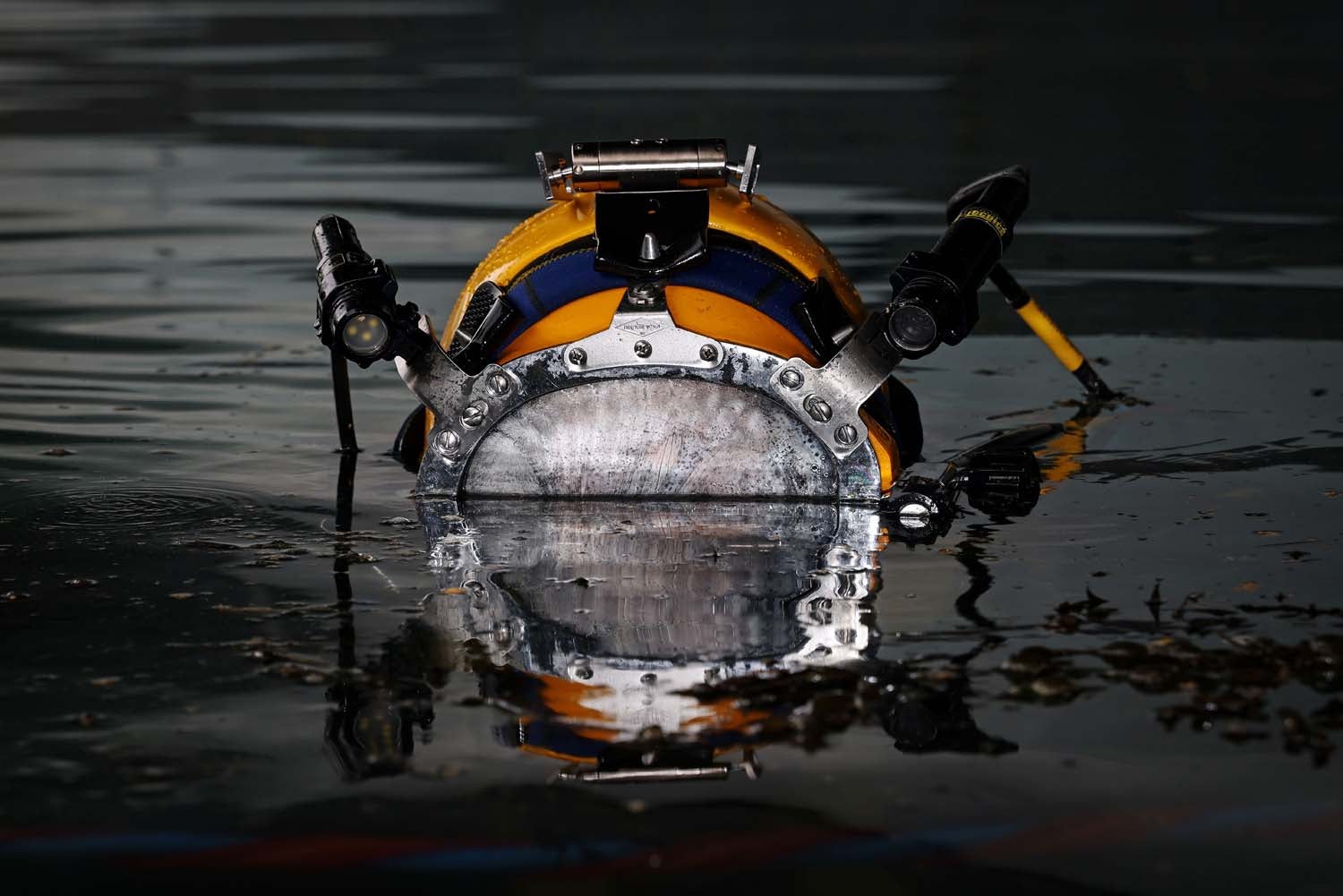
UK Royal Navy divers have created small and elite mission teams in a bid to combat evolving threats and protect the naval fleet.
According to a Royal Navy statement, the restructuring represents the biggest shake-up since 1996.

Discover B2B Marketing That Performs
Combine business intelligence and editorial excellence to reach engaged professionals across 36 leading media platforms.
The divers, who were a part of the Fleet Diving Squadron, will now operate under the name of Diving & Threat Exploitation Group (DTXG).
The Royal Navy Divers are based in Portsmouth, Plymouth and Faslane.
They are trained to conduct several tasks that include disposing explosives of historic ordnance, defusing improvised explosive devices around the UK, clearing sea mines and combatting terrorists.
The divers can also carry out emergency underwater maintenance on warships and execute special operations.

US Tariffs are shifting - will you react or anticipate?
Don’t let policy changes catch you off guard. Stay proactive with real-time data and expert analysis.
By GlobalDataThe latest changes will enable the personnel to carry out additional missions as well as continue training activities with Nato and other allies.
Diving & Threat Exploitation Group commanding officer Commander Sean Heaton said: “This once-in-a-generation transformation has enabled the Royal Navy’s Clearance Divers to be the most agile, lethal and technically advanced they have ever been.
“Capable of locating, exploiting, and disposing of threats to the Royal Navy and the UK’s interests, all while remaining ready to conduct emergency underwater maintenance to our ships and submarines.”
The divers will now be deployed to the US, France, Norway and Iceland over the few months. They will also continue to maintain their presence in the Middle East.
Echo Squadron (DTXG’s explosive exploitation experts) Lieutenant Commander Tom Forbes said: “For my unit this transformation means we can focus our attention on becoming experts in the field of maritime exploitation of conventional and improvised explosive devises and munitions, a capability that doesn’t exist anywhere else across UK defence.
“It will give us great flexibility to explore new exercises in countries we haven’t worked in before. It’s a really exciting time for us to develop new skills and evolve the way we contribute to future operations.”
Last month, Royal Navy’s fifth Astute-class nuclear submarine, Anson, conducted its initial trim dive.



